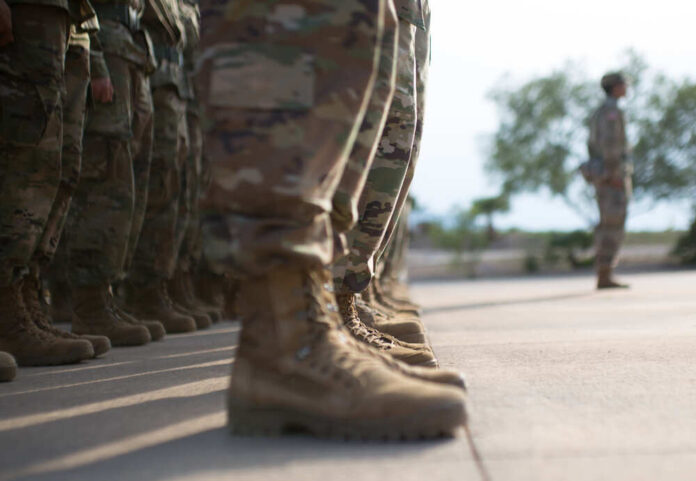
In response to a recent series of tragic helicopter accidents, the U.S. Army has ordered a stand-down for all non-critical helicopter units until mandatory safety training is completed. Army Chief of Staff Gen. James McConville made the decision following this week’s Apache helicopter crash at Fort Wainwright, which resulted in three fatalities, and the Black Hawk collision near Fort Campbell in late March, claiming the lives of nine soldiers.
Despite the severity of these accidents, the Army has stated that there is no pattern connecting the two incidents. Investigations into the cause of the March accident are ongoing. A preliminary report for the latest mishap indicates that the aircraft collided in mid-air before crashing to the ground.
You can pad the ESG stats in make work jobs. Facebook and others showed how that was done in those “day in the life” TikTok videos.
Reality is real tho and some stuff you can’t get away with. https://t.co/Tj1NrgbWuG
— Cernovich (@Cernovich) April 29, 2023
This large-scale stand-down is the first of its kind since 2015, when three deadly helicopter accidents occurred within ten days. As a result, helicopter units are now required to complete a 24-hour safety course focusing on flight planning, risk assessment, maintenance, aircrew training, safety statistics, and trends.
The training, led by commanding generals at each installation, will also involve junior soldiers. The goal is to inform aviation unit leaders on unit-specific actions that could enhance safety practices. Active duty units must complete the stand-down and training by May 5th, while National Guard and Army Reserve aviators have until May 31st. Commanders can return their troops to flight status once they have reported that their units have fulfilled the stand-down and training requirements.
Although troops engaged in critical missions may continue flying, they must complete the mandated training. Gen. McConville emphasized that safety is the Army’s top priority, stating, “This stand down is an important step to make certain we are doing everything possible to prevent accidents and protect our personnel.”
The grounding of aircraft extends to those in Europe and combat zones such as Iraq and Syria. However, officers ranked two-star general or above may disregard the stand-down in emergencies, such as medical evacuations.
Senior commanders and generals are expected to participate in the stand-down briefings. Gen. McConville further expressed his concern for those lost in the accidents, saying, “It is their loss that makes it all the more important we review our safety procedures and training protocols and ensure we are training and operating at the highest levels of safety and proficiency.”
In light of these recent events, the U.S. Army must take the necessary steps to prioritize the safety of its personnel. This stand-down and mandated safety training serves as a reminder of the importance of vigilance and preparation in military aviation.














